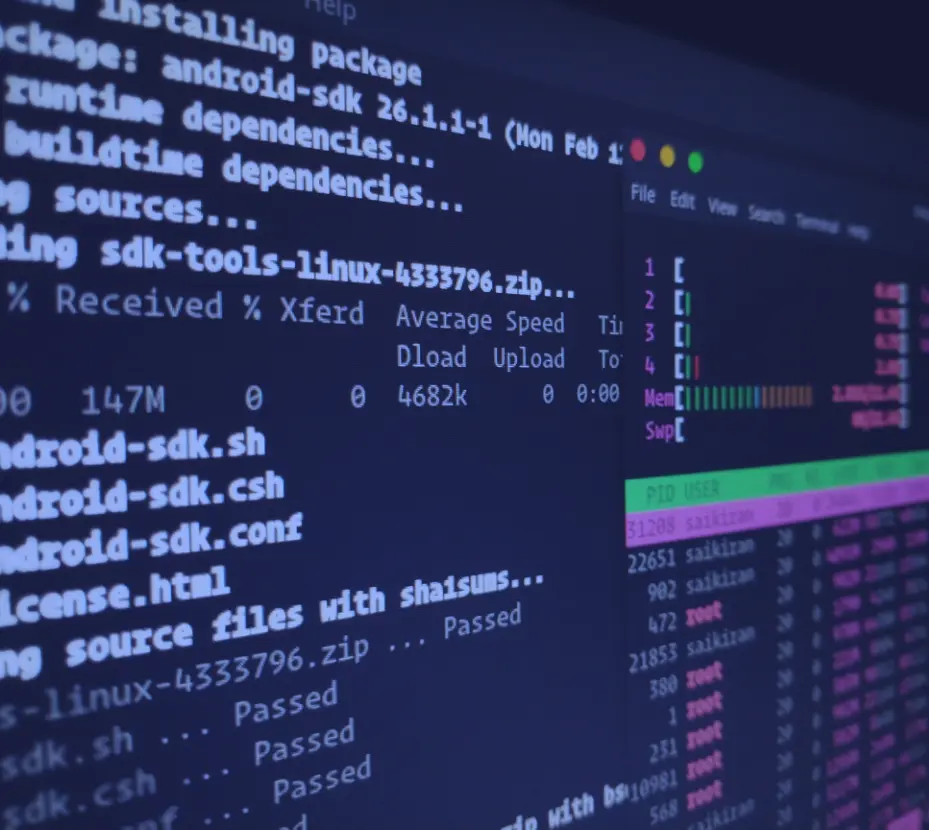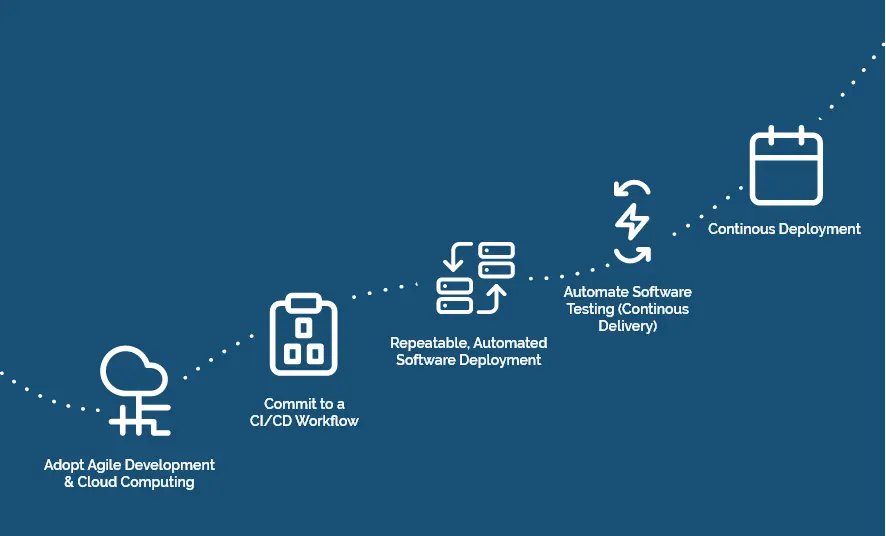Robotic Process Automation for Your Multi-Cloud Infrastructure
LeTo Robotic Process Automation

Do you still have manual steps in your DevSecOps and Cloud Management processes?
Want to learn more?
Download the detailed feature and spec sheet as PDF.
What LeTo does

End-to-End Automation

Docker & Ansible Compliant

Reduces Software Delivery Time
Products
- Leto for Continuous Integration & Delivery
- Leto for Test Automation
- Leto for Infrastructure Automation
- Leto for Business Process Automation
Services
- Support Services 8x5
- Support Services 24x7
- Professional Services
Automation Solutions for Software Engineering
LeTo works by intelligently bridging the automation gaps between your existing processes and tools, without having to replace your existing infrastructure.
LeTo brings your existing infrastructure together, seamlessly automating your entire software-delivery practice and allowing you to ease in at your own pace and with your existing infrastructure.
See LeTo in action
Let BETSOL's LeTo lead your DevOps Transformation

Request a Quote and Purchase LeTo
Frequently Asked Questions
Automation intelligence refers to the use of data analytics and machine learning as part of business process automation and digital transformation. Past approaches to automation were programmatic in nature, meaning automation could only be used in prescriptive scenarios and would likely fail when non-standard circumstances were encountered. This limited the number of business processes that could be automated. By utilizing machine learning and AI, a broader set of business processes can be automated. Additionally, the intelligence gained through this automation can aid business decision making to further optimize business process automation performance.
Automation can be broken down into hard automation (fixed sequential steps), programmable automation (flexible steps with prebuilt logic), and soft automation (adaptable steps with greater tolerance for real-world non-conformities). These types of automation extend from robotic automation used in manufacturing all the way through to business process and decision automation. Over time, hard automation evolved to programmable automation. We are now in the era of soft automation (often termed "digital transformation"), where machine learning and AI are enabling intelligent automation, which is a term for adaptable, soft automation.
At its most basic, automation improves quality and reduces cost. This occurs because the most efficient process is determined, made repeatable, and then automated. On top of the quality and cost benefits, automation aids in disaster recovery. In cases where standard processes are unavailable, automated processes may still be able to complete their tasks, ensuring smooth operation for critical business functions.
DevOps is the combination of Development and Operations organization within a company and seeks to improve collaboration, speed, and feedback in the software and product development process. DevOps is a cultural approach that requires a company's leadership to align across organizations and implement a variety of practices that drive real-time collaboration across portions of the company that may have historically operated in silos. On top of the cultural changes, most companies implement tools to enable the process and make it as efficient as possible.
Robotic processes automation (or RPA for short) automates business processes so that people can be freed from repetitive tasks and instead focus on higher-value work. The goal is to accelerate time-to-market, reduce human error, and decrease costs.